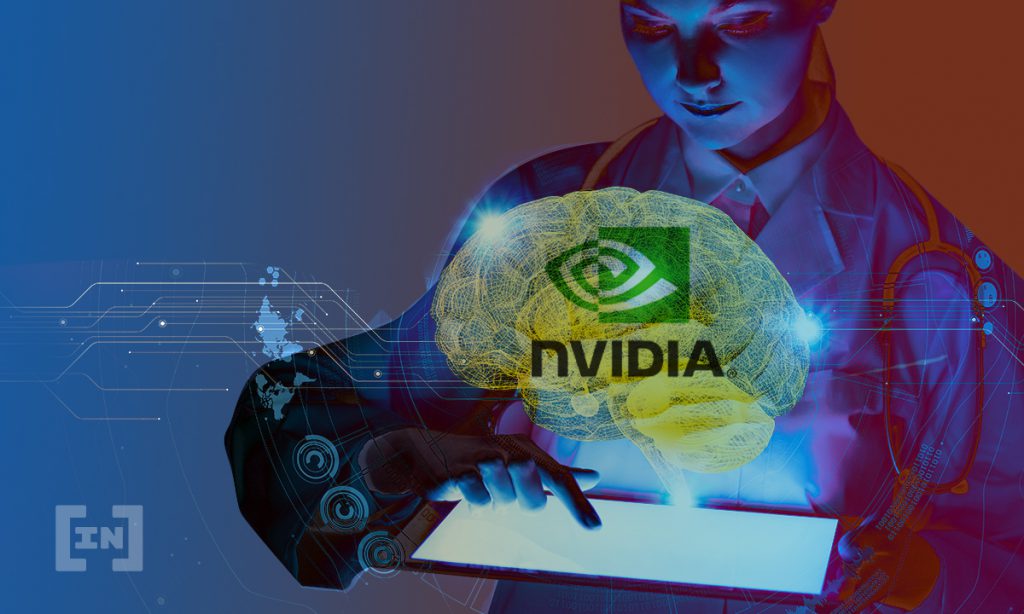Nvidia has released its financial results for the third quarter of the 2022 fiscal year. While overall revenue has grown considerably, the sales of its ‘Cryptocurrency Mining Processors’ have experienced a sharp decline.
Nvidia, the multinational technology company that builds graphics cards and chip units, has released its financial results for the third quarter fiscal year 2022. The numbers show a steep decline in sales for its crypto mining chips introduced in Mar. 2021. On the whole, however, the company has seen healthy increases in revenue.
The Cryptocurrency Mining Processor (CMP) was first announced in February 2021 and was aimed specifically at mining Ethereum. However, the unit has not fared well, as sales declined by 60% from quarter to quarter, with revenue totaling $105 million. The company even states that it expects sales to decline to “very negligible” in the fourth quarter.
The decline is interesting, given the rise of cryptocurrency prices this year. Nvidia had designed the CMP to leave more graphics processing units (GPUs) for the gaming and commercial market. The use of GPUs for mining has resulted in a much-discussed shortage for the gaming market, leading to overpriced reselling.
Besides the sales decline of CMPs, Nvidia has done very well this last quarter. It recorded a revenue of $7.1 billion, up 50% year-over-year. Jensen Huang, the founder and CEO of NVIDIA, said that the quarter was outstanding and that Nvidia AI is seeing great interest,
Demand for NVIDIA AI is surging, driven by hyperscale and cloud scale-out, and broadening adoption by more than 25,000 companies. NVIDIA RTX has reinvented computer graphics with ray tracing and AI, and is the ideal upgrade for the large, growing market of gamers and creators, as well as designers and professionals building home workstations.
With the increasing focus on the Metaverse, both inside and outside the cryptocurrency industry, it is no surprise that Nvidia themselves want to be a part of it. The company announced last week a set of new products called “Omniverse Enterprise,” which would support features that would help build the metaverse.
Huang believes that the metaverse will be much bigger than the physical world and that it will be a 3D extension of the internet today. He points out that the metaverse will include virtual cards, clothing, and real estate. These are all things that already exist in many decentralized projects today.
Facebook, which now calls itself Meta, sparked heavy discussion about the Metaverse after it announced that it would build such a world. It is only one of many companies seeking to build a virtual space where players can interact, buy items, and generally socialize.
Disclaimer
All the information contained on our website is published in good faith and for general information purposes only. Any action the reader takes upon the information found on our website is strictly at their own risk.


